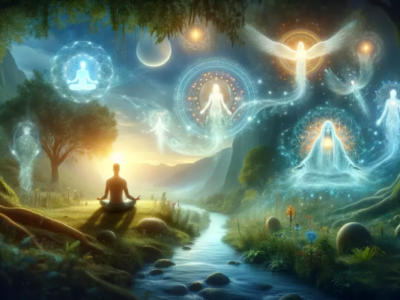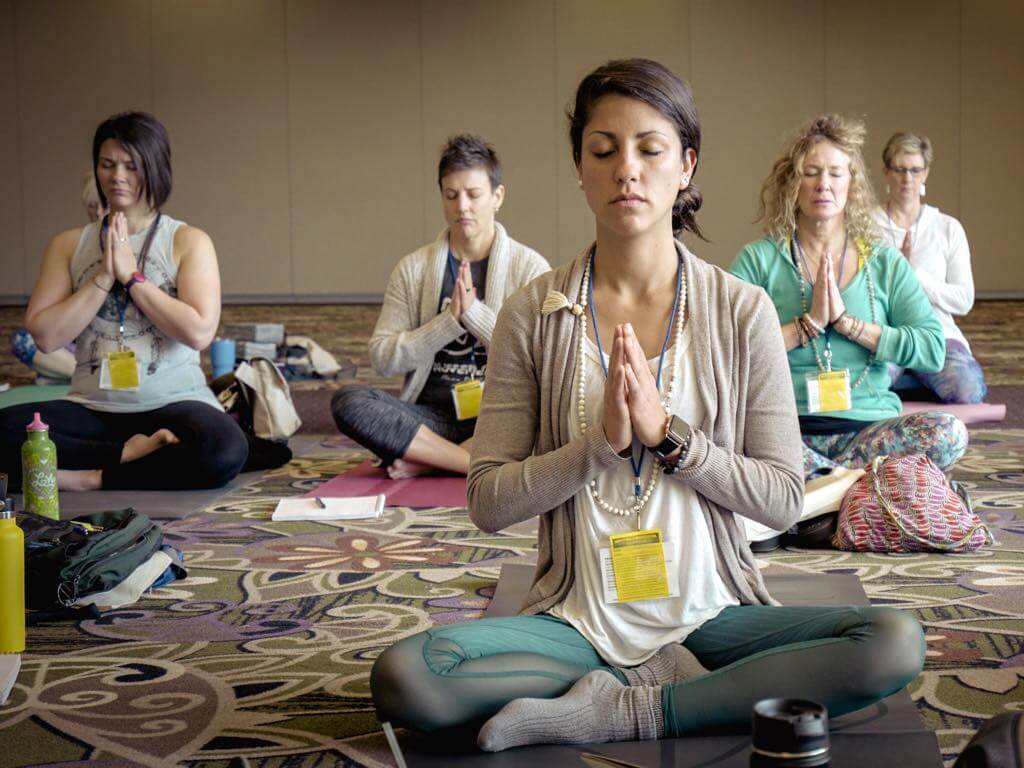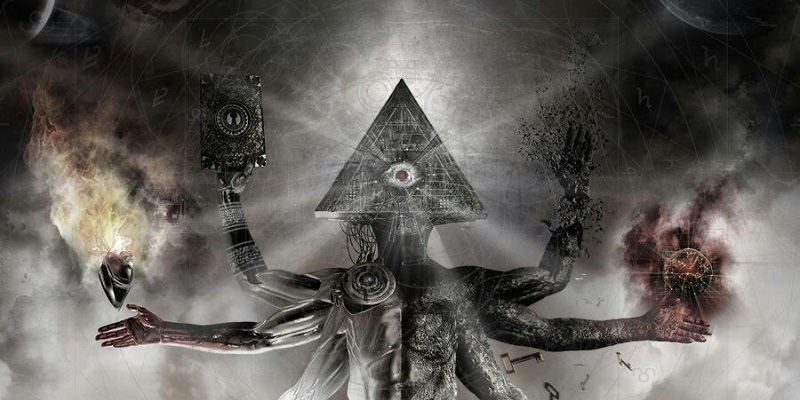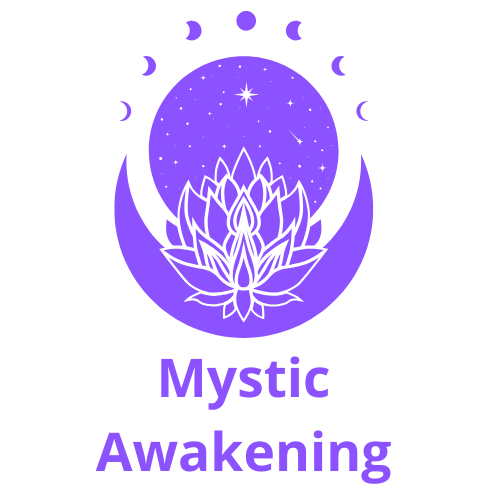
Common Mistakes in Modern Spirituality and How to Avoid Them

In today’s fast-changing world, modern spirituality offers both a sanctuary and a challenge. It provides a gateway to our deeper selves while presenting pitfalls that may cause confusion and disillusionment. Many spiritual seekers feel overwhelmed by an excess of often contradictory and commercialized information. This article highlights the most common mistakes in modern spirituality and shares practical advice for overcoming them. By exploring these challenges in depth, we will guide you to develop an authentic, holistic practice that nourishes both soul and mind. Understanding these pitfalls is the first step toward creating a meaningful spiritual journey.
Understanding Modern Spirituality and Its Challenges
Modern spirituality is a broad field that fuses ancient wisdom with contemporary insights. In today’s interconnected society, many people turn to holistic practices and mystical ideologies in search of meaning beyond the material world. However, the proliferation of new-age interpretations sometimes leads to confusion and the dilution of authentic rituals. Spirituality today is not about following trends—it’s a reflective journey toward uncovering your true nature. Many individuals find themselves stuck in superficial practices that merely imitate the essence of traditional spiritual paths.
The digital age has both expanded and complicated the spiritual landscape. Social media, online courses, and abundant literature make spiritual information readily available. Yet, this ease of access also spreads misinformation, oversimplifies complex practices, and often blurs the line between commercial interests and authentic teachings. It is essential to verify sources and stay connected to your personal experiences and intuition. The key is discerning what truly nourishes your soul from what excites your senses momentarily.
Furthermore, the globalization of spiritual practices has encouraged the exchange of ideas while turning ancient wisdom into marketable products. As more practices are repackaged for mass appeal, their original context and transformative power risk being lost. This article seeks to clarify these challenges, offering insights to avoid common pitfalls and embrace a genuine, holistic approach. Trusted sources such as academic research, esteemed spiritual teachers, and traditional texts remain essential for anyone seeking real spiritual depth.
Common Pitfalls in Modern Spirituality
One of the biggest mistakes in modern spirituality is adopting a ‘one-size-fits-all’ approach. Many are drawn to popular trends without a deep understanding of the underlying philosophies. This can result in a disjointed practice that lacks depth and consistency. Avoiding generalizations is vital to honor the unique aspects of your personal journey.
Influenced by rapidly evolving online content, modern spirituality sometimes promotes shortcuts that bypass the deep inner work necessary for true growth. Overreliance on external tools—such as crystals, essential oils, or guided meditations—can offer temporary relief but should never replace sincere introspection and personal development. Integrate traditional and innovative methods while keeping your values and intentions clear.

Another pitfall is falling into the trap of spiritual materialism, where the quest for enlightenment becomes intertwined with consumer culture. When spirituality is used as a badge of status, its transformative power is undermined. To guard against this, cultivate an inner practice built on authenticity, self-reflection, and honest inquiry. Mindfulness and awareness are your best defenses against the pitfalls in modern spiritual practices.
Shortcut Culture and Its Consequences
A dangerous trend is the rush for instant enlightenment, which often turns sacred practices into mere checklists. Many wellness influencers simplify spirituality into a list of tasks, rather than guiding you on a deep path of inner transformation. This shortcut approach can lead to unrealistic expectations and a fragmented sense of self.
The pressure for rapid progress might push individuals to adopt practices without proper grounding, leading to spiritual burnout. True growth demands time, patience, and consistent effort. Recognize that there is no magic solution—only a long-term commitment to evolving as a whole person.
Dependency on External Validation
Another common mistake is seeking validation from external sources instead of nurturing your inner voice. Constantly relying on community feedback, social media 'likes', or testimonials can prevent you from developing a strong, personal sense of assurance.
When external opinions shape your practice, you risk diluting the authenticity of your spiritual journey. Cultivate self-assessment skills and trust your inner guidance, even when it diverges from popular trends.

Techniques to Enhance Your Spiritual Practice
Nurturing your spiritual path effectively means blending time-tested techniques with modern insights. Meditation, mindfulness, and reflective journaling are foundational practices that deepen your self-understanding. Regular meditation helps you connect to your inner essence and builds the discipline required to navigate life’s complexities. A consistent practice is essential to unlock the transformative power of spirituality.
Beyond meditation, breathing exercises and ritualistic ceremonies inspired by ancient traditions offer significant benefits. Practices like deep breathing and body scanning reduce stress and promote emotional balance. Journaling, in particular, brings clarity by reflecting hidden patterns and insights. Integrating these practices creates a balanced approach that merges introspection with physical awareness.
Modern technology also offers innovative ways to support your spiritual journey. Numerous apps, customized guides, and virtual communities can complement your practice. However, always use these digital tools with a critical mind and pair them with personal reflection. Utilizing the best of both worlds can lead to a balanced and enriched spiritual practice.
The Role of Mindfulness and Meditation
Mindfulness means being fully present in each moment. Combined with meditation, it enables you to observe your thoughts and feelings without judgment, helping to reduce stress and cultivate inner clarity.
By establishing a regular mindfulness practice, you can enhance focus and notice positive shifts in your overall well-being.
Integrating Ancient Rituals with Modern Practices
Ancient rituals carry deep wisdom that modern practices sometimes lack. They remind us of our roots and connect us to longstanding traditions. Consider incorporating simple rituals such as lighting incense, creating a dedicated altar, or setting clear intentions before meditation.
Merging these traditions with digital tools like guided meditation apps creates a unique blend that respects the past while taking advantage of the present.
Avoiding New-Age Commercialization
The commercialization of spirituality is one of the biggest challenges to maintaining an authentic practice today. Many modern spiritual movements have been watered down by profit motives, with ancient practices repackaged as trendy products for mass consumption. To safeguard the integrity of your spiritual path, it is crucial to recognize and resist the commercialization of sacred traditions.
Many spiritual products marketed online promise quick fixes and instant enlightenment, creating unrealistic expectations and diverting attention from genuine personal transformation. Instead of chasing every flashy product, focus on building your personal practice and self-awareness. Authenticity always triumphs over trendy gimmicks.
It is advisable to research the origins of any new spiritual product or service before adopting it into your routine. Look for credible credentials, historical context, and sincere testimonials that attest to its effectiveness. Being a discerning consumer helps protect the depth and purity of your spiritual experiences.

Recognizing Over-commercialized Trends
Commercial trends in spirituality often come with steep price tags and overpromised benefits. Warning signs include exaggerated promises of material or rapid gains and a heavy focus on consumerism at the expense of genuine self-growth.
Always consider whether a product or service promotes deep self-reflection or simply offers a shortcut to spiritual success. True spiritual practice requires discipline, patience, and a commitment to personal evolution.
Fostering a Community of Like-minded Seekers
An effective way to counteract commercialization is to engage with local or online communities dedicated to sincere spiritual practice. Such communities offer support, shared wisdom, and accountability as you maintain authentic traditions.
By immersing yourself in a genuine community, you reinforce the idea that spirituality is an inward journey rather than a commodity to be purchased.
Cultivating a Genuine Spiritual Path
Building an authentic spiritual path in today’s world requires keen discernment, consistent practice, and an unwavering commitment to personal truth. Your journey toward enlightenment is profoundly personal and must be nurtured with genuine intent rather than external validation. Your spiritual journey is unique, and real growth happens through self-awareness and inner commitment.
For a solid spiritual foundation, consider developing a daily routine that includes meditation, reading sacred texts from various traditions, and reflective practices like journaling or mindful movement. Documenting your experiences and insights not only tracks your progress but also deepens your understanding over time. The aim is to create a sanctuary within where authenticity prevails.
Sustaining a genuine practice involves balancing discipline with flexibility. Stay open to continuous learning while remaining anchored in core spiritual principles. Embrace diverse perspectives and remain curious about the evolving nature of spirituality. True spiritual growth is measured by the depth of your inner transformation, not by external achievements. Regular self-assessments and guidance from trusted mentors will help fine-tune your path and keep you aligned with your core values.
Establishing Daily Rituals
Daily rituals reinforce your commitment to spiritual growth by providing structure and focus. Create a dedicated space—physical or mental—for introspection, such as a meditation corner, daily affirmations, or quiet walks in nature.
With time, these rituals become the foundation of your spiritual journey, helping you stay grounded and centered on what truly matters.

The Importance of Lifelong Learning
Genuine spiritual practitioners view themselves as lifelong learners. Whether through formal classes, reading sacred texts, or engaging in meaningful discussions with fellow seekers, continuous learning is essential.
Embrace every opportunity to broaden your understanding of diverse traditions and philosophies. This not only enriches your personal practice but also deepens your appreciation for the various facets of human experience.
Content Additional
In addition to the structured sections above, it is important to recognize the broader context in which modern spirituality evolves. Today’s seekers stand at the crossroads of advanced technology, ancient wisdom, and emerging global cultures. This fusion of holistic practices with scientific inquiry has created a new paradigm that both challenges and enhances traditional spiritual frameworks. This convergence offers opportunities for deeper integration and personal evolution.
Modern spirituality must navigate rapid societal changes and the lure of instant gratification. While technology offers plenty of spiritual insights, true growth is found in the slower, more deliberate practices of introspection and mindfulness. Digital detoxes, mindful use of social media, and intentional periods of silence can help recalibrate your inner energy and reinforce your personal boundaries.
Moreover, engaging with multiple disciplines—such as psychology, neuroscience, and philosophy—can enrich your spiritual journey. This multidisciplinary approach not only deepens your knowledge but also equips you with practical tools to address modern life's complexities. By blending ancient wisdom with contemporary insights, your spiritual path becomes a dynamic and ever-evolving journey of self-discovery and empowerment.
Integrative Approaches and Their Benefits
More practitioners are now combining techniques from various traditions—for instance, blending yoga with mindfulness-based stress reduction (MBSR) or integrating shamanic practices with modern psychotherapy. These integrative methods build resilience, self-awareness, and emotional intelligence by drawing on a wide range of practices.
This holistic approach is especially valuable in our rapidly changing world, ensuring you remain adaptable and responsive to both personal and societal shifts.
Navigating Inner Conflict and Transformation
As you progress on your spiritual path, you may encounter inner conflicts—questions about identity, purpose, or belief systems. These challenges are not setbacks but opportunities to deepen your self-inquiry and reaffirm your commitment to authentic growth.
Recognize that inner transformation is a multifaceted process involving shifts in behavior, thoughts, and perspectives. Staying open and flexible in your practice can lead to profound self-realization and lasting inner peace.
Modern spirituality opens incredible opportunities for personal growth and inner healing, yet it comes with risks. From superficial engagement to over-commercialization, many common mistakes can derail even the most dedicated seeker if left unchecked. By staying aware, avoiding common pitfalls, and embracing effective techniques for deep spiritual connection, you can forge a truly authentic path. Remember that the journey is as important as the destination. With mindfulness and persistence, you can nurture a holistic and enriching spiritual practice. Embrace daily self-reflection, continuous learning, and genuine connection to transform your journey into one of true empowerment and enlightenment.


